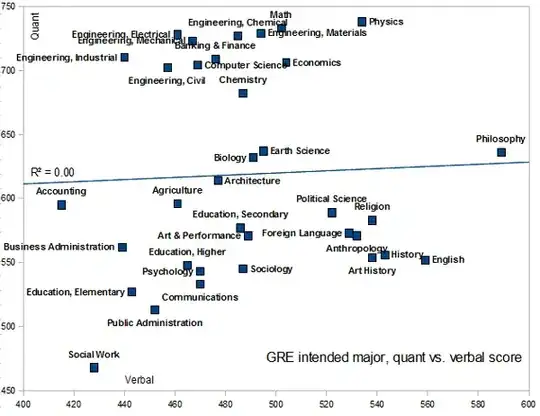There is a persistent stereotype that geeks (let's formally define that as people a couple of standard deviations better than average in math, computers or other related abilities) as a whole have relatively poor language/communication skills, especially compared to other smart people with different talents (e.g. lawyery types). I hope this doesn't need "notability" claim :)
Is there any research confirming or denying this?
Is there a significant difference between "language" skills and "communication" skills in this context?
